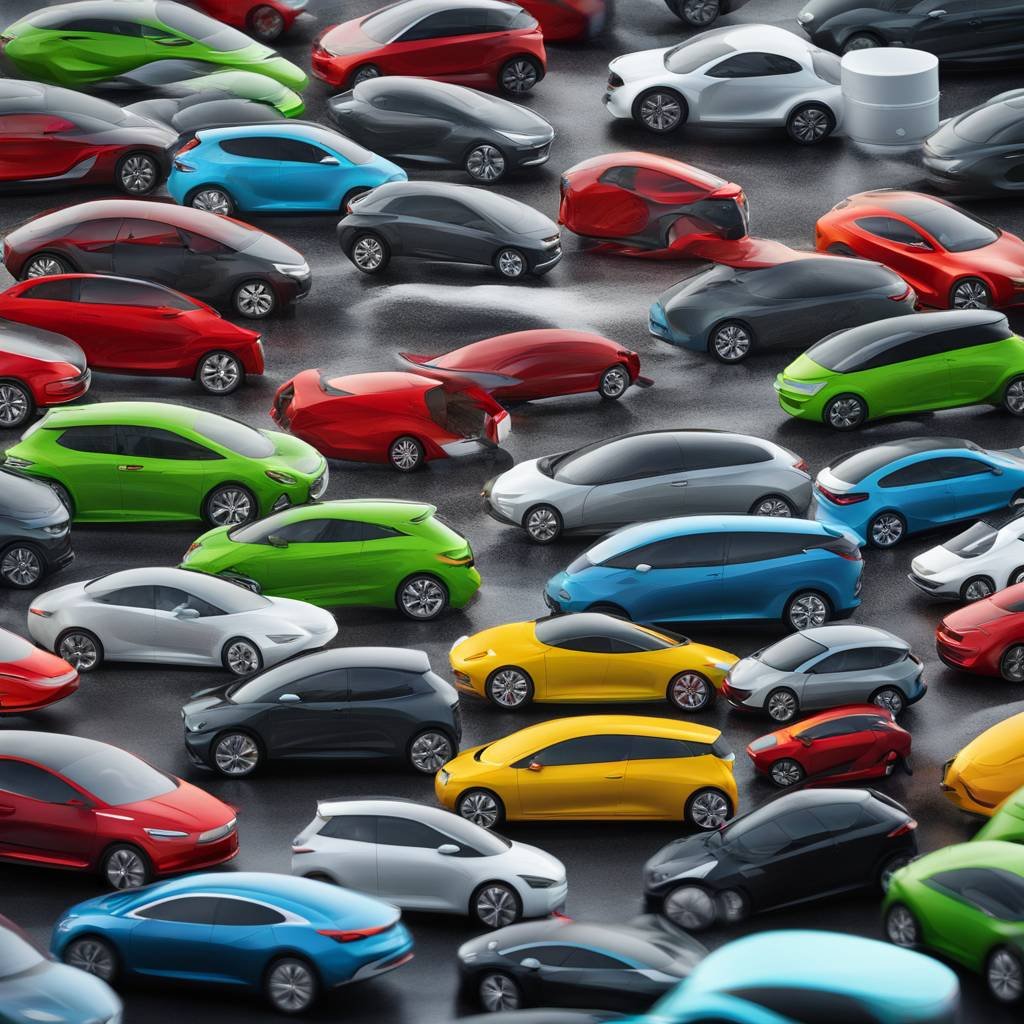The International Energy Agency (IEA) predicts that the uptake of electric vehicles (EVs) could surge in 2024, with one in five new car sales being electric. Despite perceptions of a slowdown in the industry globally, the demand for EVs is strong. EV manufacturers, including Tesla, are expected to file updates showing profits coming under pressure. The IEA forecast that EV sales would increase in 2024 due to falling prices, with a 25% increase in sales so far compared to the previous year. The report highlighted China’s dominance in the EV market and emphasized the need for charging infrastructure to support EV uptake.
China is projected to have the largest share of electric vehicles sold in 2024, with about 10 million out of the total 17 million sold globally. In comparison, Europe and the US are forecasted to have a 25% and 11% share, respectively, of new car sales that are electric. While no projections were available for Australia, data from the Federal Chamber of Automotive Industries showed a steady increase in the percentage of electric vehicles sold. The IEA highlighted the momentum behind electric cars and debunked the notion of a slowdown in EV sales. The agency’s executive director, Fatih Birol, emphasized that the global EV revolution is gearing up for a new phase of growth.
The IEA noted that the growth in EV sales represents a transition of demand from early adopters to the mass market, signaling a significant turning point for the industry. Falling prices driven by competition among car makers are contributing to the increased adoption of EVs. The agency highlighted the importance of decarbonizing the transport sector, with EVs playing a crucial role in reducing emissions. The expansion of battery manufacturing supply chains and investment in EV production are expected to drive the rapid growth of EVs on the roads.
Despite concerns about eroding profits of car makers, volatility of battery metal prices, inflation, and subsidy phasing out in some countries, the broader industry is more resilient than perceived. Tesla, for example, faces challenges such as a price war and falling sales in some markets but remains a key player in the EV market. The IEA emphasized the urgency of continuing the electrification of the transport fleet to reduce emissions. The transportation sector accounts for a significant portion of global emissions, and transitioning to EVs can help avoid the need for millions of barrels of oil per day by 2035, reducing dependence on fossil fuels. The electrification of vehicles is crucial for both the auto industry and the energy sector.



